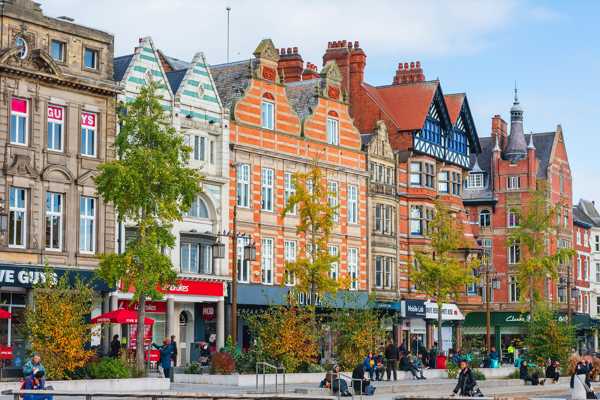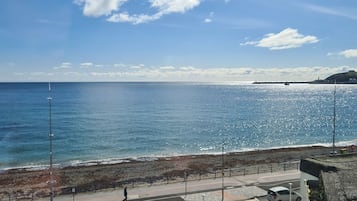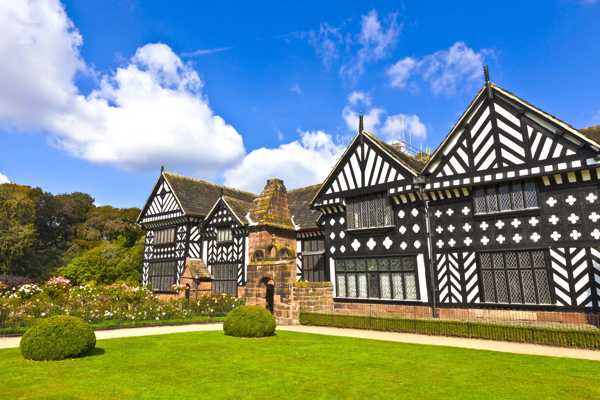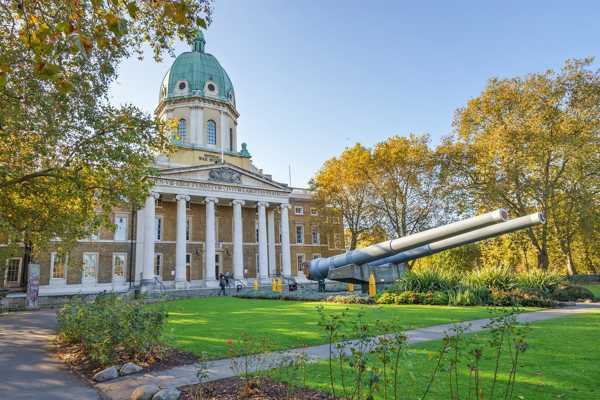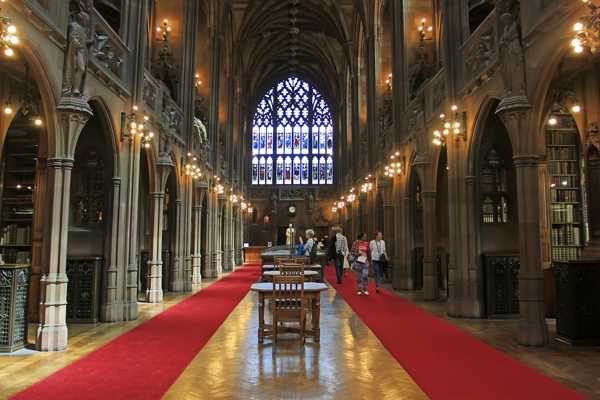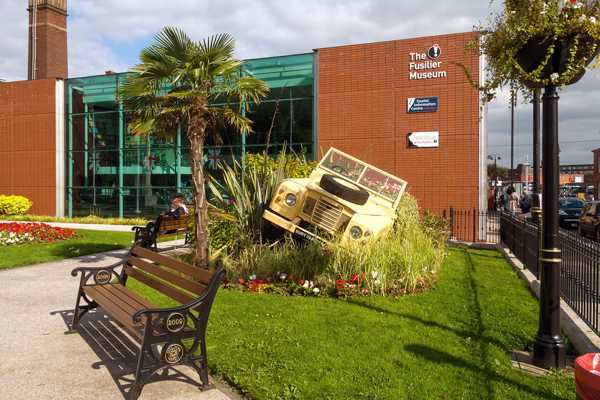The Isle of Man is a mostly rural place and has a host of lovely little towns and villages to explore. Many still exhibit old Manx buildings and traditions while others are packed with natural and historic attractions. There are even a few fantastic beach destinations, especially along the west coast.
While Douglas – the island’s capital – is definitely worth exploring and spending some time in and around, taking a road trip around the island (or riding on some of its heritage public transportation) is a must. Even if you just follow the famous TT Races circuit, you’ll see great places like St John’s, Kirk Michael and Ramsey.
- 1
Laxey
There's more to the village than just the Laxey Wheel

- Couples
- History
- Photo
The village of Laxey is best known for its famous waterwheel, which dominates the gorgeous Laxey Glen. Follow the Laxey River further toward the coast, however, and you’ll find a charming seaside village built on the steep hillsides around the estuary and boat-filled harbor.
You can get to Laxey from Douglas, which is about 8 miles to the south, on the Manx Electric Railroad. Change tracks at the bustling train station to board the Snaefell Mountain Railroad, which will take you up to the island’s highest point. Aside from a nice selection of cafés and restaurants, the highlights of Laxey also include King Orry’s Grave – the largest megalithic tomb on the Isle of Man – as well as various museums and a pebbly beach.
Map - 2
Castletown
Discover the island’s former capital

- History
- Photo
Castletown is a small historical town in the south of the Isle of Man that’s most famous for its castle – the clue’s in the name. Dominating the town center, Castle Rushen was built for a Viking king in the 16th century. It's still in remarkably good condition, housing a museum that's worth checking out.
Castletown was the capital of the island until 1869. It has an impressive selection of shops and restaurants on its narrow streets. Clustered around a charming little harbor are several interesting museums and historical sites, including the Old House of Keys and the Nautical Museum. While you’re exploring the town, look out for the little fairy doors – there are more than 70 to spot.
Map - 3
Ramsey
The Isle of Man’s second town

- Photo
The coastal town of Ramsey, in the north of the Isle of Man, is the island’s second largest town after Douglas. It’s the last stop on the Manx Electric Railroad, and one that’s well worth the visit. It’s built around a large harbor on the estuary of the Sulby River. A lake jutting off the harbor forms the centerpiece of the 19th-century Mooragh Park.
Ramsey is a popular spot for motorsports fans. For one thing, it’s a good place to watch the TT Races and Manx Grand Prix, having a sharp corner in the middle of town as well as the Ramsey Hairpin to the south and the Gooseneck further on. During TT week, there’s also the Ramsey Sprint, with motorbikes drag racing each other down 1/8th of a mile of the Mooragh Promenade, by Ramsey Beach.
Map - 4
Port St Mary
Cast your line at this laidback fishing village

- Photo
The lovely village of Port St Mary is mostly clustered around its sandy beach and the headland further south, where you’ll find a pleasant little harbor. It’s on the Isle of Man Steam Railroad line, although the station is a short walk out of the village. For a longer, more interesting walk, follow the cliffs south of the village past the golf course to see some striking coastal scenery and the Calf of Man.
Port St Mary Beach – also known as Chapel Beach – is a good spot for bathing while nearby Gansey Bay is a great place for beach fishing and surfing. If you’d rather not have to work for your supper, head to the harbor to find the fish market or look out for the town’s first-rate fish and chip shops.
Map - 5
Port Erin
Home to one of the Isle of Man’s best beaches

- Families
- History
- Photo
Port Erin has been a popular tourist destination since the Victorian era, mostly thanks to its beautiful sheltered bay and sandy beach. The large village is the terminus of the Isle of Man Steam Railroad and is home to the line’s museum. West-facing, it’s a great spot to watch the sunset and has a good range of facilities along its promenade.
Towering over the northern end of the beach is Bradda Head, a rocky headland surmounted by the distinctive Milner’s Tower. Built in 1871, it’s roughly key-shaped in memory of William Milner of a then-famous safe-making company. The steep cliffs of the headland are a great place for hikers and photographers while the waters around it are popular with scuba divers.
Map - 6
Peel
The Isle of Man’s “Sunset City”

- Couples
- Families
- History
- Photo
Peel is the largest town on the Isle of Man’s west coast and home to some of the island’s best beaches. Expect nice golden sands before the coastline becomes sheer cliffs further north and south. The best of the pick is Fenella Beach, which is all that connects Peel with St Patrick’s Isle and Peel Castle.
Peel Castle is undoubtedly the town’s main highlight (other than the beaches, of course), but don’t forget to check out the House of Manannan, too. It’s an excellent interactive museum that tells the story of the island in a family-friendly way. It’s right by the harbor, surrounded by other interesting museums and a great selection of cafés and restaurants.
Map - 7
Kirk Michael
A peaceful, sleepy village…except on race days

- Adventure
- Couples
- Photo
Kirk Michael is a lovely quiet village by the sea on the Isle of Man’s west coast. It’s right by Glen Wyllin and its superb beach, with the beautiful Spooyt Vane waterfall of Glen Mooar a short distance to the south. If you like to enjoy nature, you’ll certainly like Kirk Michael and its surroundings.
The village really comes to life during the TT Races, though, when it becomes quite a good place to watch the riders in action. Only fractionally slowing for the junction on the southern outskirts, they hammer along Main Road, flashing past Michael Parish Church and the grassy, tree-shaded roadside at the entrance to a large farm before opening the throttle for the long ride northeast toward Ramsey.
Mapphoto by Mike Faherty (CC BY-SA 2.0) modified
- 8
Maughold
A great deal of great outdoors

- Adventure
- Couples
- Photo
Maughold is not so much a village as a large area of farmland with a few cottages dotted around the place. What it has plenty of is sweeping landscapes and natural beauty – a great place to go if you love the great outdoors. In particular, it’s a hub for some of the Isle of Man’s most beautiful National Glens, including Ballaglass Glen and Dhoon Glen, which contains a beautiful waterfall.
The Manx Electric Railroad stops near to Maughold, at the Dhoon Glen Halt. Look out for striking Celtic crosses in the village churchyard and head to Maughold Head, the easternmost point of the Isle of Man, for stunning views along the coast by the lighthouse.
Map - 9
St John’s
See new Manx laws proclaimed

- History
- Photo
- Unusual
St John’s is a small village with an important place in the Isle of Man’s history. Its actual location is just southeast of Peel, in quite a pleasant valley of parks and plantations. However, it’s the little artificial hill at the center of the village that makes it worth the visit.
Tynwald Hill stands about 12 ft tall and is formed from 4 tiers supposedly made up of soil from all 17 of the island’s parishes. It’s used by the Manx government – the Tynwald, which claims to be the world’s oldest continuous parliament – to proclaim new laws coming into force in a ceremony that can be traced back to the Viking era. It’s part of the Tynwald Day festival, which is held on or around 5 July each year and is certainly worth seeing.
Mapphoto by FinnWikiNo (CC BY-SA 3.0) modified
- 10
Jurby
The Isle of Man’s motorsport mecca

- History
The village of Jurby consists of just a few tiny clumps of cottages, yet it remains a popular destination in the northwest of the Isle of Man. The reason is the former RAF aerodrome at its heart, which was converted into the Jurby Motordrome – a motorbike racing circuit.
Other attractions in the village include the Isle of Man Motor Museum and the Jurby Transportation Museum – are you starting to notice a trend here? If you need a break from motors, there’s St Patrick’s Church. The graveyard here has the unusual distinction of having both war graves from the Second World War and a Viking burial mound.
Mapphoto by Marco Bianchi (CC BY 2.0) modified
- 11
Cregneash
Experience the life of a 19th-century Manx farmer

- Families
- History
- Photo
Cregneash is one of the last bastions of Manx traditions, including ancient customs, farming practises and the distinctive local language. The heritage village has original whitewashed cottages in which you can experience the life of a 19th-century crofter with demonstrations of domestic skills and crafts and stories of the rugged lifestyles.
Out in the fields, you can see unique indigenous animal breeds, including the 4-horned Loaghtan sheep. Indoors, you can stroke one of the naturally tailless Manx cats keeping warm by a traditional kitchen fire range. Visit at the end of October to take part in traditional Hop-tu-Naa celebrations, the local version of Halloween.
Location: Cregneash Road, Cregneash IM9 5PX, Isle of Man
Open: Saturday–Wednesday from 10 am to 4 pm (closed on Thursdays and Fridays)
Phone: +44 (0)1624 648000
Map



